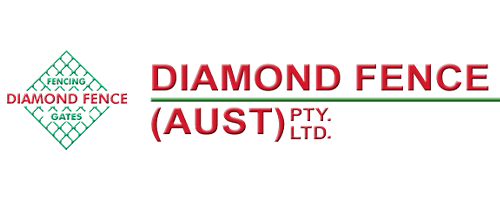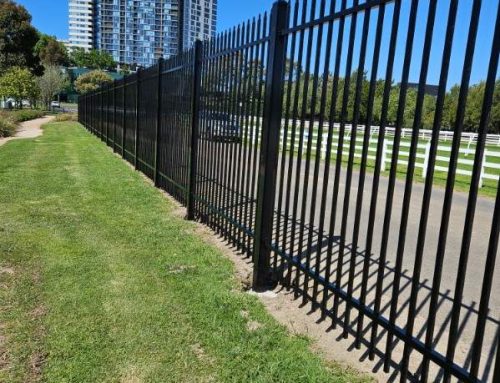Different Fencing Materials Or Not?
As per usual we like to start our blog post with a question. This time we are asking which one is it: metal fencing, steel fencing or aluminium fencing? Relatively easy question to answer, but sometimes the easiest ones that you think are self-explanatory are the ones that make you to pick your brain and get the answer from the back of your head with a slight hesitation.
So which one is it? Once again we need to know a little bit about chemistry, there’s no way around it. But once again we will try to make it as interesting as we can so you won’t be bored and would like to click next! Even though our previous blog posts are also quite interesting, but let’s stick to this one shall we.
Let’s start!
We will start with diving a little bit deeper into finding out the difference between metal, steel, and aluminium as…well fencing is fencing. What makes it different is the material used foremost, then you can add the style, measurements etc, and of course the provider – who’s you fencing expert, or fencing contractor would be politically correct to say.
The easiest would be to use Google’s help and find the exact definition of metal, steel, and aluminium so we can know the exact difference between metal fencing, steel fencing, iron fencing and aluminium fencing. Wikipedia would be our best friend for this short period of time we are educating ourselves in the chemistry world.
DEFINITIONS:
ALLOY – A combination of metals or of a metal and another chemical elements.
CHEMICAL ELEMENT – A species of atoms having the same number of protons in their atomic nuclei. For example, the atomic number of oxygen is 8, so the element oxygen consists of all atoms which have exactly 8 protons.
METAL – In physics, a metal is generally regarded as any substance capable of conducting electricity at a temperature of absolute zero. A metal conducts electricity and heat relatively well. Around 95 of the 118 elements in the periodic table are metals.
IRON – a chemical element with symbol Fe and atomic number 26. It is a metal in the first transition series.
STEEL – Steel is an alloy of iron and carbon and other elements.
ALUMINIUM – Aluminium or aluminum is a chemical element with symbol Al and atomic number 13. It is a silvery-white, soft, nonmagnetic and ductile metal. Ductile metal meaning it’s able to undergo significant plastic deformation before rupturing.
Just for you to note, aluminium metal is chemically so reactive that native specimens, meaning finding its metallic form, either pure or alloyed, in nature is rare and limited to extreme reducing environments. Instead, it is found combined in over 270 different minerals.
So here you have it, lots of definition! Can we summarise what we just have written in a few words. Yes we can, and we will! Basically all that chemistry fluff what we just wrote is saying that steel is not a metal! Steel is an alloy of iron with varying amounts of carbon content, meaning it’s not a pure element. Compositions of a metal, iron, and also non-metal carbon in its chemical substance makes it technically not a metal but a variation on one instead.
What does it say about our fencing? Which one is it then: steel fencing, metal fencing or aluminium fencing? Hmm, good question. We’d recommend using steel fencing rather than metal fencing as steel is strong, and made for structures used for the building of houses, sky scrapers, ships and obviously fencing. Metals are malleable, ductile and used for making jewellery and more of a decorative products. Aluminium is usually classified as a metal though.
But really it will all come down to the material! Aluminium fencing is made out of aluminium. Most likely with other minerals as we did mention that finding it in its pure or alloyed metallic form is quite rare in the nature. But do not mistaken metal fencing for steel fencing. I guess this is what we wanted to say overall with this whole blog post.
Diamond Fence can provide you with a strong, reliable steel fencing either for residential fencing, commercial fencing or industrial fencing.
Therefore don’t wait and call us on (03) 9753 4566, shoot us an email on info@diamondfence.com.au, or just get a FREE online quote.








